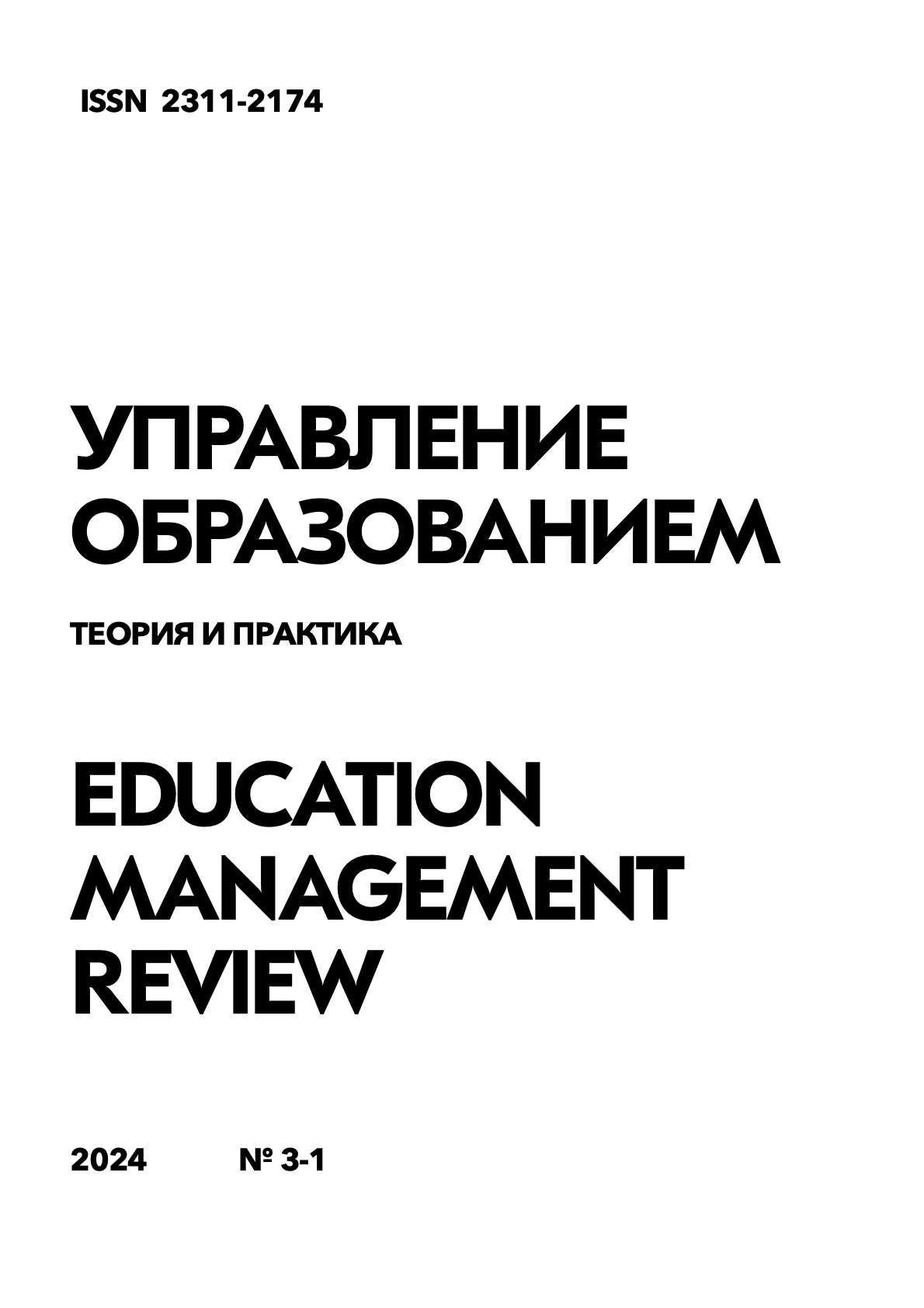Analysis of thematic groups of words as a tool for revealing an artistic image
DOI:
https://doi.org/10.25726/g0787-5760-0046-fKeywords:
philological analysis of the text, linguistic factors of text formation, thematic vocabulary, artistic image, addressee factor, psychologicalAbstract
The relevance of this study is determined by the need to identify the subtextual possibilities of thematic vocabulary, which in a work of art is a marker of the characters’ characters. The research is carried out on the basis of the text of the story by Viktor Yuzefovich Dragunsky “Everything secret becomes clear.” The research hypothesis is that the analysis of thematic groups of words can be used as a means of explicating the features of an artistic image, since it is thematic vocabulary that remains stable “regardless of other, objective and subjective, factors of text formation” (Bolotnova, 2009). The article gives a definition of thematic vocabulary, analyzes its features that characterize the emotional state of the characters, and explicates its subtextual potential. The scientific novelty of this study lies in the fact that for the first time the story of V.Yu. Dragunsky was analyzed using the tools of philological text analysis, the contextual opposition of two words of the thematic groups “Adults” and “Child” was identified and described. It has been established that thematic vocabulary accumulates elements of psychology, which have an implicit presence in a literary text. The methods used to interpret the text made it possible to explicate and describe the contextual opposition of the words of two thematic groups “Adults” and “Child”. It has been determined that thematic vocabulary may contain psychological elements. We see the prospects for research in continuing to identify the role of thematic vocabulary in a work of art.
References
Арнаудов М. Психология литературного творчества. Пер. с болг. Д.Д. Николаева. М.: Прогресс, 1970. 654 с.
Арнольд И.В., Банникова И.А. Лингвистический и стилистический контекст // Стиль и контекст. Л., 1972. С. 1-13.
Бабенко Л.Г. Филологический анализ текста. Основы теории, принципы и аспекты анализа. М.: Академ. Проект; Екатеринбург: Деловая кн., 2004. 462 с.
Бедный Д. Революционный гудок. 1917. URL: https://www.culture.ru/poems/25518/revolyucionnyi-gudok
Блонский П.П. Психология младшего школьника. М.; Воронеж: Питер, 1997. 574 с.
Болотнова Н.С. Филологический анализ текста. 4-е изд. М.: Флинта: Наука, 2009. 520 с.
Величкина В.М. Учебники прогрессивных педагогов для народной школы // Cоветская педагогика. 1975. № 12. С. 54-67.
Долженко Л.В. Рациональное и эмоциональное в русской литературе 50 - 80-х гг. ХХ в.: Носов Н.Н., Драгунский В.Ю., Алексин А.Г., Крапивин В.П. Дисс. д. филол. н. Волгоград, 2001. 394 с.
Драгунский В.Ю. Всё тайное становится явным. 2024. URL: https://nukadeti.ru/skazki/dragunskij-tajnoe-stanovitsya-yavnym
Евангелие от Матфея. 2024. URL: https://azbyka.ru/biblia/?Mt.1&r
Махортова Г.Х. Зависимость эмоциональных переживаний детей старшего дошкольного и младшего школьного возраста от характера внутрисемейных отношений: автореф. к. псих. н. М., 2006. 194 с.
Михайлова О.О. Формы выражения авторской адресации в рассказах В.Ю. Драгунского для детей: Дисс. к. филол. н. Москва, 2013. 200 с.
Интернет аптека // Рвотный рефлекс – обзор возможных причин URL: https://366.ru/articles/rvotnyj-refleks-obzor-vozmozhnykh-prichin/
Тарасова И.А. Ключевые слова как инструмент интерпретации художественного текста // Известия Саратовского ун-та. Нов. сер. Сер. Филология. Журналистика. 2020. Т. 20. Вып. 4. С. 374.
Ши Ю. Жанр юмористического рассказа в творчестве Николая Носова и Виктора Драгунского: дисс. к. филол. н. М., 2020. 244 с.
Юнг К.Г. Душа и миф. Шесть архетипов. М.: АСТ, Мн.: Харвест, 2005. 400 с.




